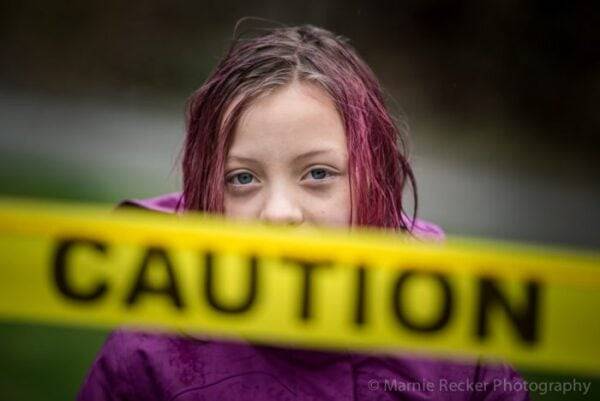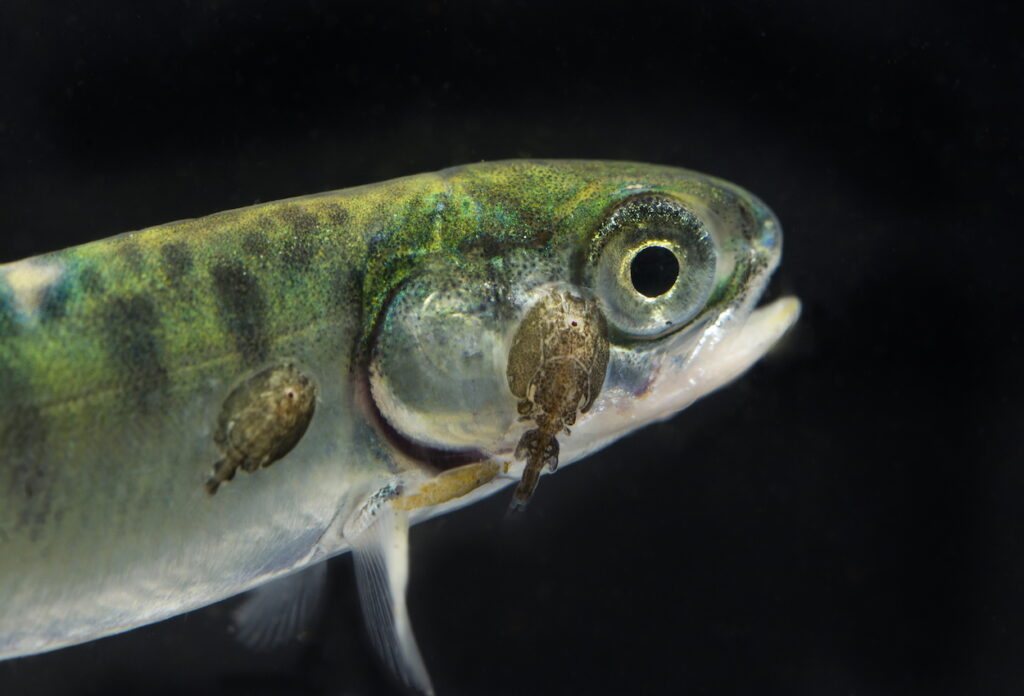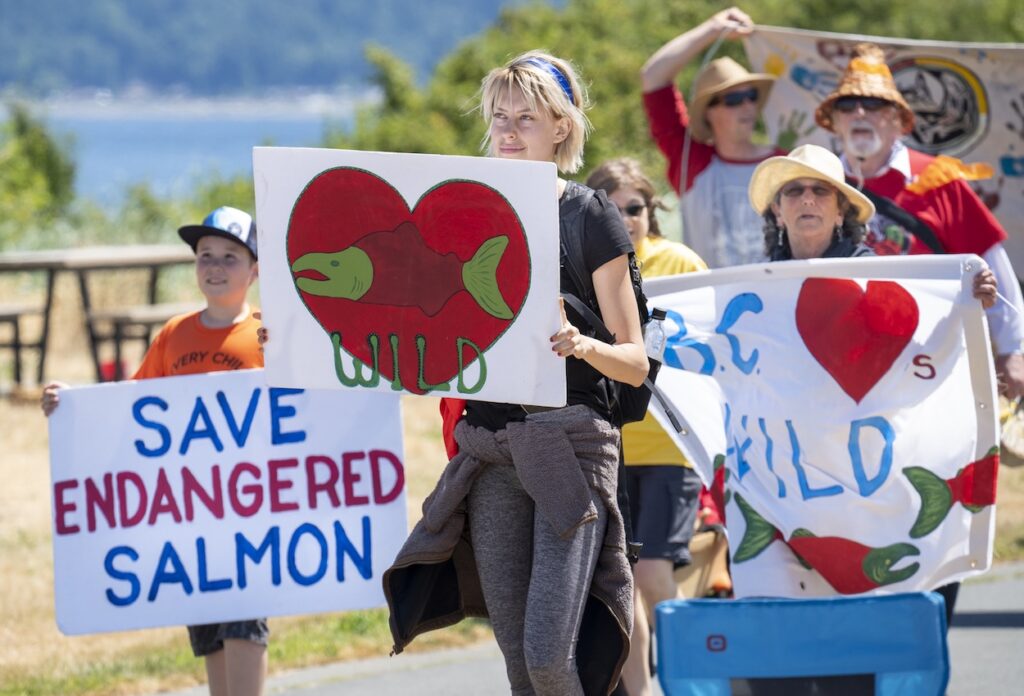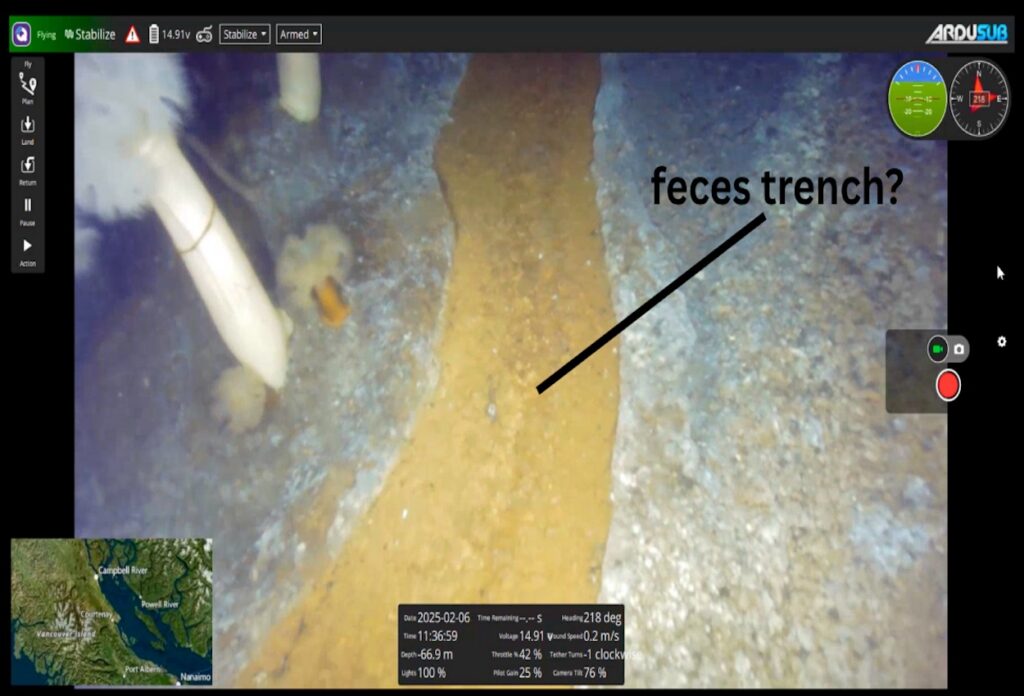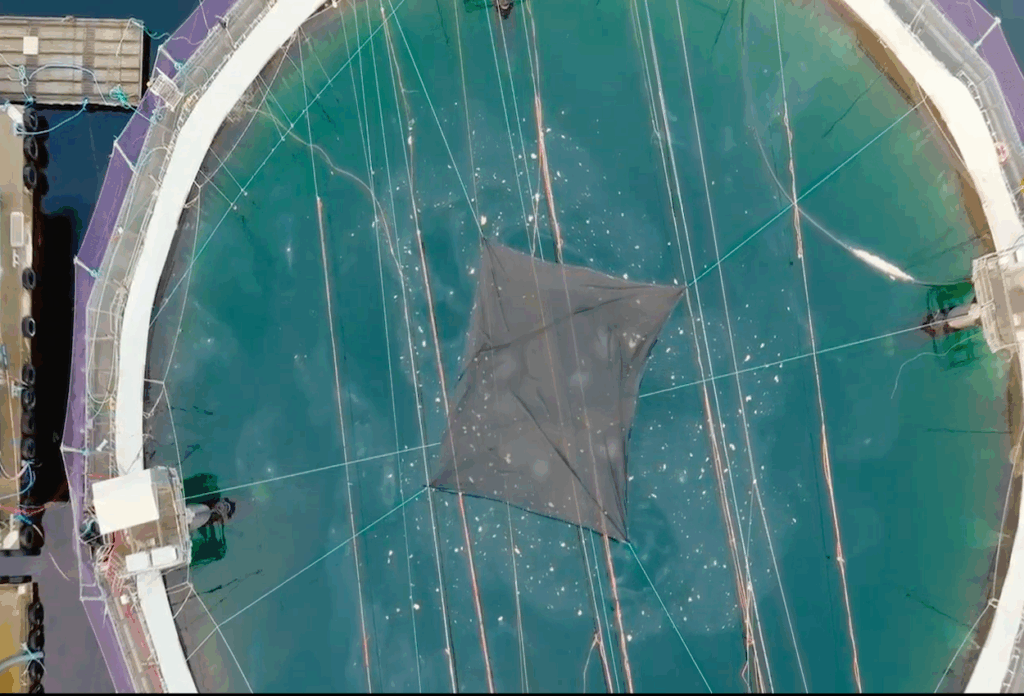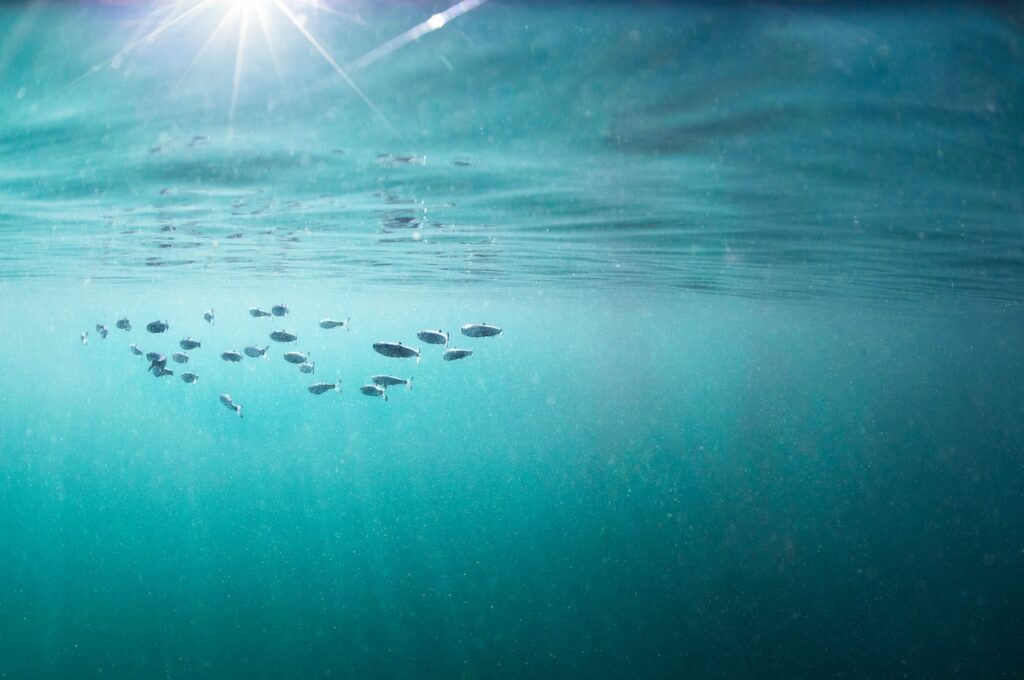By approving the Kinder Morgan pipeline, Prime Minister Justin Trudeau has either failed to understand who voted for him and why, or he would appear to be a fraud.
During the election he presented himself as an alternative to Stephen Harper—a leader who had weakened environmental regulations, vilified environmentalists as ‘enemies of the state’ and pulled Canada out of the Kyoto Treaty. Justin spoke of the need to restore environmental protections, for true reconciliation with First Nations, to address the climate crisis for the sake of young people, and a return to science-based decision-making.
How could he betray all this? Why would he go to the Paris climate talks and boast “Canada is back”, then accept Harper’s carbon targets as his own? Why would he agree to a pipeline which was approved by a flawed NEB process which he had promised to fix? Why would he spend his summer vacation in Tofino, then put the beautiful west coast of BC at risk of a major oil spill?
I am reminded of King Solomon’s threat to cut a baby in half in order to find out who the true mother was. The Alberta oil patch is gloating over his decision to approve Kinder Morgan, while people who care about the future of their grandchildren and the fate of the Earth are outraged.
Trudeau has seriously underestimated the will of the people of British Columbia to protect this beloved coast. This isn’t Korea. We won’t be divided North coast from South coast.
Halfway to victory
Trudeau’s decision to kill Enbridge’s Northern Gateway pipeline from Alberta to Kitimat is a major conservation victory. Putting the Great Bear Rainforest at risk was a dumb idea. But what about Clayoquot Sound—the Last Great Rainforest on Vancouver Island? Does this rainforest coast not also deserve to be protected from the risk of a major oil spill? What about the cities of Victoria and Vancouver, where the bulk of BC’s population lives?
The Northern Gateway victory shows that the Kinder Morgan pipeline can be stopped. Northern Gateway had the approval of the federal government as well. It was overturned by the courts. We are halfway to victory!
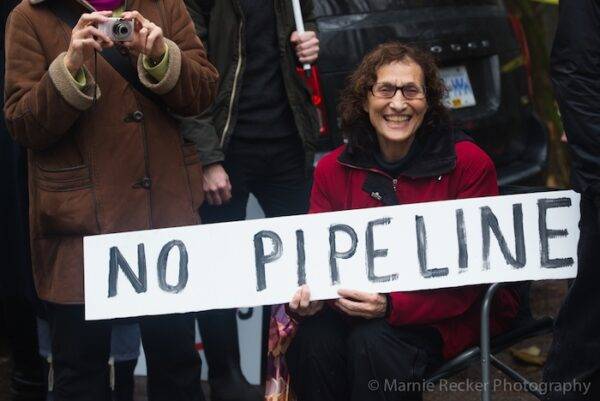
Climate crisis is the real challenge
Trudeau’s Kinder Morgan compromise forced me to think long and hard about why I am concerned. There are several components: the pipeline itself; the risk of a major marine oil spill; and the world’s ability to reduce emissions enough to survive the climate crisis.
The pipeline itself is a serious concern—the risk to rivers and salmon across BC is reason enough to not approve this pipeline. For many people the bigger concern is the possibility of a major marine oil spill. We do not know what diluted bitumen would do in the event of a marine spill. After the Kalamazoo River catastrophe, a report from the US National Academy of Sciences found that if dilbit spills, the diluents evaporate, leaving behind a tarry goo that sinks in water and is very sticky.
According to Transport Canada, building the Kinder Morgan pipeline would increase the risk of an oil spill to ‘very high’. And the consequences of such a spill are unthinkably high—definitely not worth the risk.
But at the end of the day, what really scared me was Trudeau’s pronouncement that “There is not a country in the world that would find 170 billion barrels of oil and leave it in the ground”. This flies in the face of the latest science which shows that if we were to burn all known fossil fuel reserves, the Earth’s temperature could soar as much as 4.5 degrees. This is real. Even Stephen Harper rejected such a doomsday scenario as unfair to future generations, not to mention bad for business.
Addicted to oil
Trudeau sounds like an alcoholic who admits he has a problem and needs to fix it, but pours himself a drink while telling you that no alcoholic in the world would quit before emptying the liquor cabinet. This is the new breed of climate denier.
The idea that we are addicted to oil is not new—ten years ago in his State of the Union address, Texan oilman George W. Bush said that “America is addicted to oil”, insisting they needed to “break this addiction” and “move beyond a petroleum-based economy”.
Trudeau’s decision has forced me to reckon with the reality that the climate crisis is the biggest glitch in his decision. If it could be shown that the BC coast needed to be sacrificed in order to save the Earth’s climate, any reasonable person would be willing to look seriously at that tradeoff. But that’s not what’s going on here.
Where’s the plan?
Despite the spin that Kinder Morgan is a step towards transitioning to a low-carbon economy, it is indeed quite the opposite. To make the necessary transition away from fossil fuels, there needs to be a plan.
Trudeau could have announced such a plan. For example, he could have cut all subsidies to the fossil fuel industry—and freed up $3.3 billion a year to invest in renewable energy development. Adding solar and wind capacity provides more than seven times the employment from an equivalent investment in oil and gas extraction.
When you’re in a hole, stop digging
A recent report from Oil Change International highlights the fact that there is no way to meet the goal of reducing carbon emissions while increasing fossil fuel production, stating “if emissions are to be reduced, total fossil fuel consumption must be reduced, which in turn means that total fossil fuel extraction must be reduced as well”.
The report outlines three scenarios for the future of fossil fuels. Under a “Managed Decline” scenario, no new extraction permits would be issued, and no new infrastructure permitted. This would result in the steady reduction of carbon emissions while giving time for a major shift in energy production to greener sources. The “Stranded Assets” scenario would be the result of continued fossil fuel development, causing destruction of capital and large job losses if governments are eventually successful in restricting emissions. Under a “Climate Chaos” scenario new resources would be developed, none stranded, and the resulting emissions would take us well beyond 2°C of warming, with resulting economic and human catastrophe.
Poking the heart of Blockadia
When a progressive government is elected, progressives go back to sleep. We assume that after the evil empire is voted out, the good guys we voted in will do the right thing.
Had Trudeau killed Kinder Morgan, the BC climate movement could well have gone back to sleep. That is no longer possible. Now, people will rally to protect Canada’s west coast. Trudeau has poked the hornet’s nest of a province which gave birth to protest movements such as Greenpeace, Clayoquot Summer 1993, and Occupy Wall Street. Indeed, BC is one of the global nerve centres of what Naomi Klein calls Blockadia.
The Standing Rock Sioux have demonstrated what courageous and peaceful defence of the water, land and air looks like. There is no doubt in my mind that if Kinder Morgan proceeds, we will see a ‘Standing Rock North’ form up. Indigenous peoples have consistently and repeatedly rejected the Kinder Morgan pipeline and tanker project, including the arrest of UBCIC President Grand Chief Stewart Phillip on Burnaby Mountain in November 2014. The Federal approval is a violation of their inherent Indigenous Title and Rights, and a violation of the United Nations’ Declaration on the Rights of Indigenous Peoples.
Indigenous leaders can answer the question ‘you and what army?’ with names like Burnaby Major Derek Corrigan, Vancouver Councillor Adrienne Carr, and federal Green Party leader Elizabeth May. Not to mention the nearly twenty thousand people who have already signed the Coast Protector Pledge to stop Kinder Morgan. If you haven’t already, you can sign the Pledge here.
This will be Clayoquot with a bus stop. Clayoquot 2.0. We won’t be organizing by faxing posters to health food stores this time. We have the Internet. And three generations of people who understand that the climate crisis is a game-stopper if we don’t act swiftly.
If need be, BC is ready for Clayoquot 2.0.
Dan Lewis is Executive Director of Clayoquot Action.
